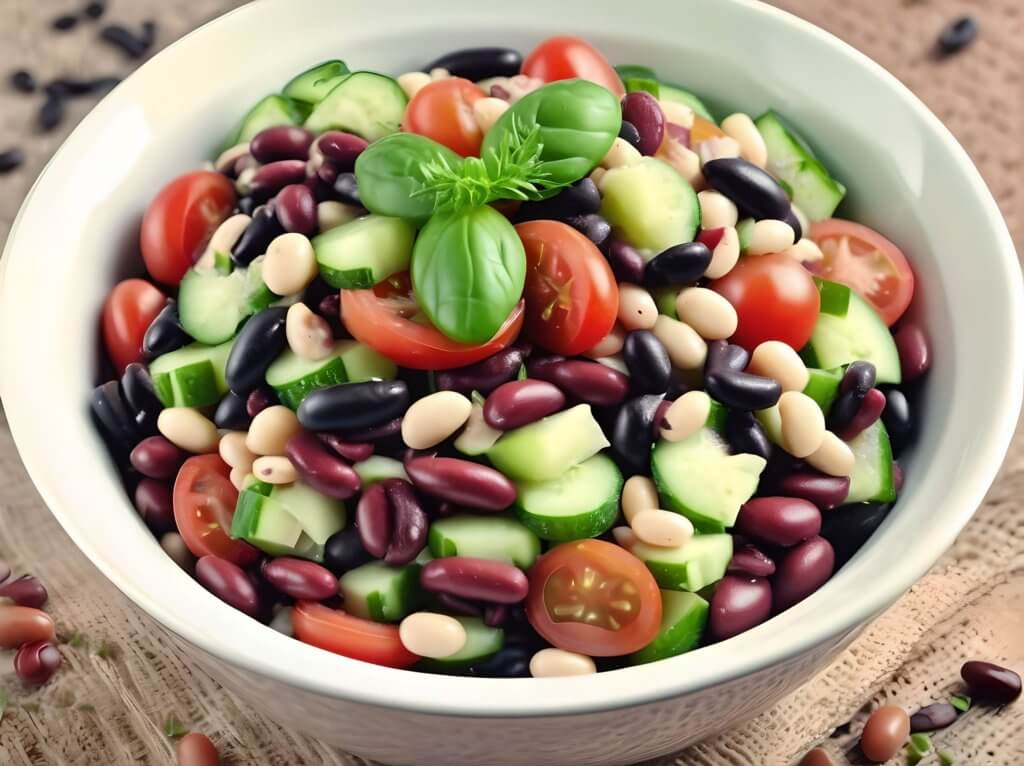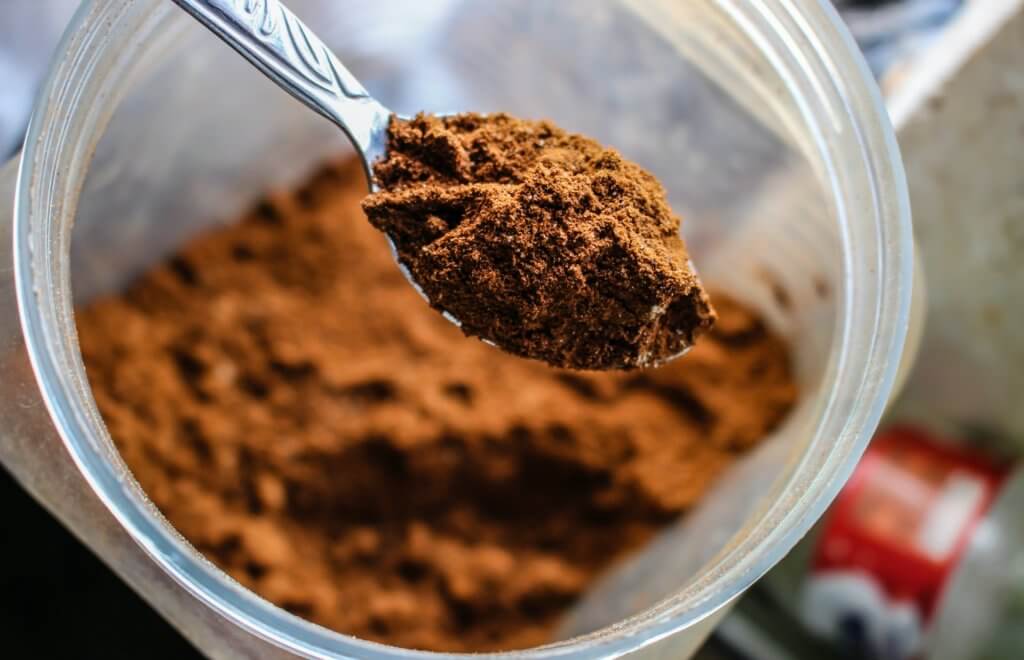Nutrition
Overview
Exercises is only one part of the fitness journey, proper nutrition is just as important as any workout you do.
The role of nutrition in physical fitness and overall health cannot be overstated. Proper nutrition is essential for fueling the body, providing the necessary nutrients for growth, repair, and optimal function. It not only affects our physical performance but also influences our body composition, energy levels, immune system, and overall well-being. Here, we will explore the critical role that nutrition plays in promoting physical fitness and maintaining good health.

Fueling the Body
Nutrition serves as the fuel that powers our bodies, providing the energy required for physical activity. Carbohydrates, fats, and proteins are macronutrients that supply energy in the form of calories. Carbohydrates are the body’s primary source of fuel, providing quick energy for both high-intensity and endurance activities. Complex carbohydrates found in whole grains, fruits, and vegetables are preferable over simple carbohydrates like refined sugars, as they offer sustained energy release and contain essential nutrients and fiber.
Fats, though often demonized, are an important energy source and assist in the absorption of fat-soluble vitamins. Healthy sources of fats, such as avocados, nuts, seeds, and olive oil, should be included in the diet. Proteins, composed of amino acids, are vital for muscle repair and growth, as well as for various cellular functions. Lean sources of protein, such as poultry, fish, legumes, and tofu, help to support muscle recovery and development.
Recovery and Immune Function
Nutrition also plays a significant role in post-exercise recovery and immune function. After physical activity, the body requires nutrients to replenish glycogen stores, repair damaged tissues, and reduce inflammation. Consuming a combination of carbohydrates and protein within the post-workout window can facilitate recovery and optimize muscle protein synthesis.
Additionally, a well-balanced diet, rich in vitamins, minerals, and antioxidants, supports a robust immune system. Adequate intake of immune-boosting nutrients, such as vitamin C, vitamin D, zinc, and omega-3 fatty acids, helps protect against illness and supports the body’s ability to fight infections.
Body Composition and Weight Management
Proper nutrition plays a fundamental role in achieving and maintaining a healthy body composition. While physical activity is important for calorie expenditure, nutrition is the primary driver for weight management. Consuming a balanced diet that matches individual energy needs is essential. A calorie surplus leads to weight gain, while a calorie deficit promotes weight loss. However, it is essential to focus on the quality of calories consumed, rather than solely the quantity. A diet rich in whole, unprocessed foods, including fruits, vegetables, lean proteins, whole grains, and healthy fats, promotes satiety, provides essential nutrients, and helps maintain a healthy body weight.
Hydration and Performance
Proper hydration is often overlooked but is vital for physical fitness and performance. Water is essential for maintaining fluid balance, regulating body temperature, transporting nutrients, and removing waste products. Dehydration can lead to fatigue, reduced endurance, impaired cognitive function, and increased risk of heat-related illnesses. It is recommended to consume adequate fluids, primarily water, throughout the day and increase intake during physical activity to replace fluid losses.
Building and Repairing Muscles
Physical fitness and strength training place demands on our muscles, resulting in micro-tears that require repair and adaptation. Adequate protein intake is crucial for muscle repair and growth. Consuming protein-rich foods or incorporating protein supplements can aid in this process. Additionally, timing protein intake around workouts can optimize muscle protein synthesis, promoting faster recovery and muscle adaptation.
Why is nutrition so important?
Nutrition is a cornerstone of physical fitness and overall health. It provides the necessary fuel for physical activity, supports muscle repair and growth, influences body composition and weight management, and contributes to optimal immune function and recovery. A balanced diet, rich in nutrient-dense foods, ensures an adequate intake of macronutrients and micronutrients, optimizing physical performance and promoting overall well-being. By prioritizing proper nutrition alongside regular physical activity, individuals can achieve their fitness goals, enhance athletic performance, and maintain long-term health.
Weight Loss Meal Plan
A weight loss meal plan is designed to create a calorie deficit while providing balanced…
Flexitarian Meal Plan
A flexitarian meal plan is primarily plant-based but allows for occasional inclusion of animal products….
Whole30 Meal Plan
The Whole30 program is a short-term elimination diet that emphasizes whole foods and aims to…
Paleo Meal Plan
The paleo diet focuses on consuming foods that were available during the Paleolithic era. It…
Low-Carb/Ketogenic Meal Plan
A low-carb or ketogenic meal plan is characterized by its focus on reducing carbohydrate intake…
Gluten-Free Meal Plan
A gluten-free meal plan eliminates foods containing gluten, a protein found in wheat, barley, and…
Unveiling the Refreshing Benefits of Pineapple Cucumber Juice
https://youtu.be/37Pj2QzjOoA Looking for a cool, hydrating drink that packs a nutritious punch? Look no further…
Morning Superfoods Powerbowl
Mix Bean salad recipe
Mix bean salad is a nutritious and flavorful dish that combines various types of beans…
Mediterranean Diet
The Mediterranean diet is inspired by the eating habits of countries bordering the Mediterranean Sea….
Protein Powder for Bloating
When it comes to choosing a protein powder that is less likely to cause bloating,…
Understanding Hypertension: Foods to Avoid for Better Blood Pressure Control
Hypertension, or high blood pressure, is a common health condition that affects millions of people…
Customized Meal Plans
Customized meal plans are tailored to individual needs, preferences, and dietary restrictions. They may be…













